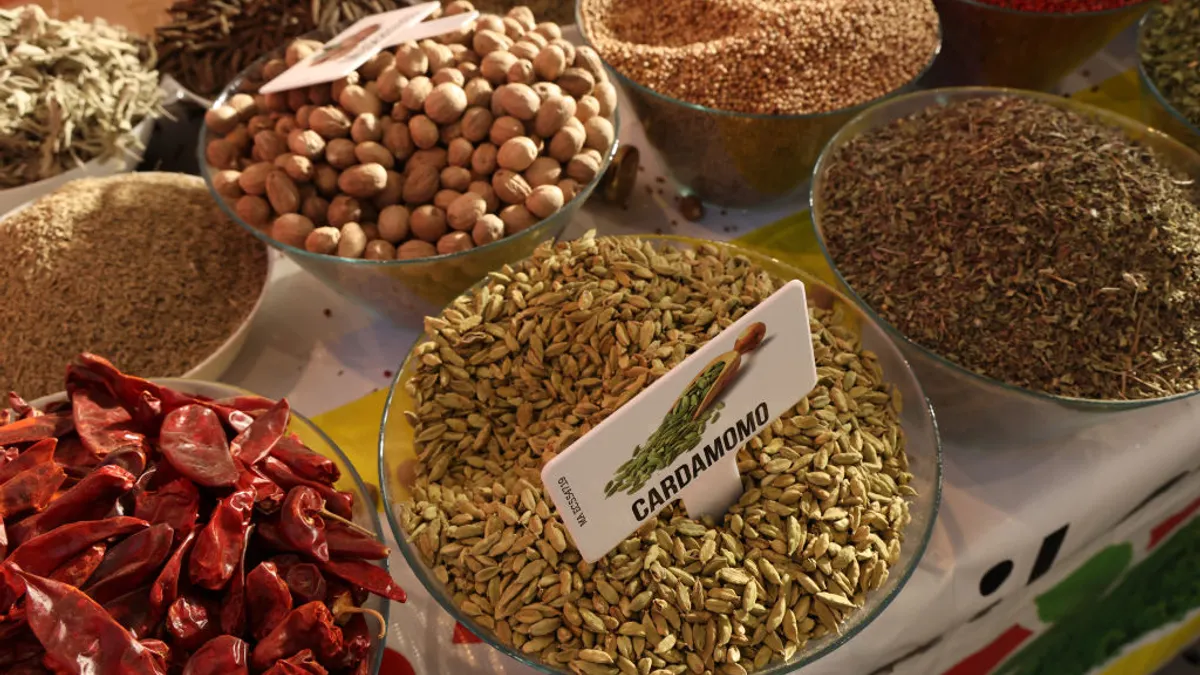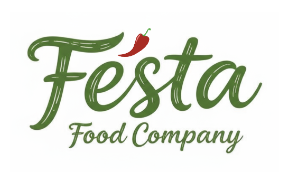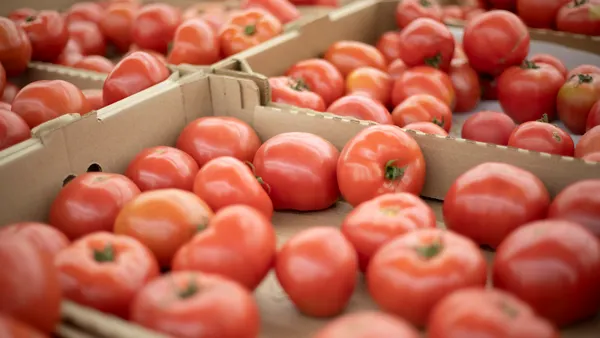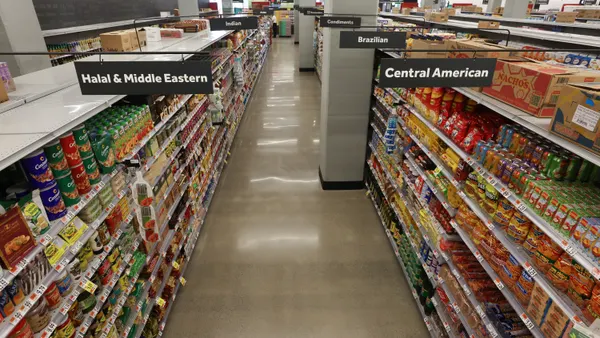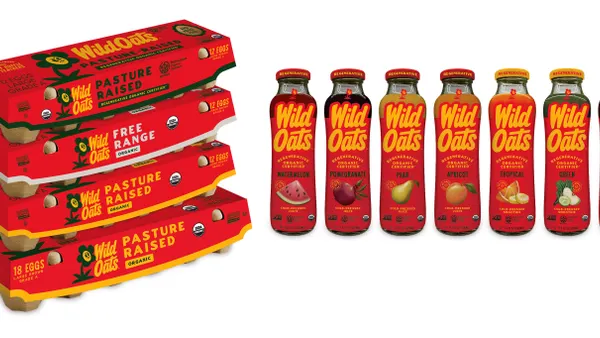The global spice market is feeling the heat from President Donald Trump's tariff policy.
Tariffs as high as 50% are scheduled to take effect Aug. 1 on more than a dozen countries without bilateral trade agreements in place. This comes after the United States imposed 10% base tariffs earlier this year, raising costs for food manufacturers and ingredients suppliers.
The U.S. imported more than $2 billion of spices from more than 50 countries in 2024, according to the American Spice Trade Association. Many of these are flavoring ingredients used in "hundreds of billions of pounds of food produced by American food manufacturers," the association said in a March letter to the Trump administration.
While the tariff impact on chocolate and coffee has dominated headlines, there are dozens of spices and seasonings set to face higher prices from increasing import duties. Most of these products cannot be commercially grown in the U.S., meaning costs will likely be passed on to consumers without resulting in expanded domestic production.
For example, black pepper requires the hot and humid environment found in places such as India, Vietnam and Brazil. Vanilla is primarily grown in Madagascar and requires specific temperature ranges and hand-pollination techniques. Cinnamon is harvested from tree bark native to Sri Lanka and Southeast Asia. It would not be able to survive U.S. winters.
Higher costs threaten to raise prices for consumers at a time when food inflation is causing a pullback in consumer spending. It could also force companies to turn to artificial flavoring alternatives, undermining a push from the Trump administration for the food industry to rely more on natural ingredients.
Spice maker McCormick said tariffs could cost the company as much as $90 million a year, though most will be offset through changes in sourcing and other measures. Smaller spice makers, however, are less likely to be able to absorb the cost.
The Spice House, a Midwest-based company that sells premium spices, operates an Illinois manufacturing facility that grinds and blends spices. Tariffs have created uncertainty and made it “harder to maintain consistent pricing and availability,” CEO Allyson Lewis said in prepared remarks to the Senate Finance Committee in April.
“We are very proud of the fact that we manufacture our spices domestically and operate an inhouse manufacturing plant and warehouse that employs over 100 people throughout the year,” Lewis said. “However, the global nature of the spice trade is putting our small business at risk, increasing costs that we will not be able to absorb.”
The ASTA has asked for tariff exemptions, particularly for spices that cannot be commercially grown in the U.S. In its letter to Congress, it noted more than a dozen spices it considered a priority list for tariff relief. They include:
- Vanilla
- Cinnamon
- Cloves
- Cardamon
- Coriander
- Anise
- Nutmeg
- Ginger
- Saffron
- Dill
- Basil
- Sage
- Salt
- Black Pepper
- Mint leaves
- Thyme
- Bay leaves


